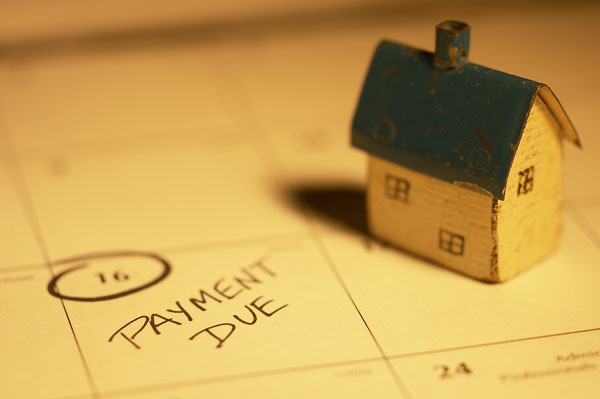Household Bills
Two and a half million families default on bills as missed payments return to winter levels

A consumer champion has found the number of households missing essential payments has risen to 2.4 million, in line with the high levels seen last winter.
Which?’s monthly consumer insight tracker looks at the number of households which have missed or defaulted on an essential payment such as a housing, bill, loan or credit card payment.
The most recent statistics look at figures up to 13 July and worryingly, with another base rate hike on the cards for tomorrow, the statistics suggest that the number of missed payments are similar to those seen back in winter when energy costs were much higher.
Of these missed payments, 1.5 million households missed or defaulted on a household bill payment such as an energy, water or council tax bill in the month to 13 July. Two-thirds (65%) of those who missed a household bill payment reported that they missed more than one household bill payment.
Of those who missed a household bill payment, almost half (49%) missed a water bill, around half (48%) an energy bill, four in 10 (38%) a phone bill and around a third (34%) a council tax payment.
Missed housing payments
Which?’s consumer insight tracker also estimated that 770,000 households missed or defaulted on a housing payment in the month to 13 July, with one in 20 renters (5.7%) and 3.4% of mortgage holders missing a housing payment.
Almost six in 10 (59%) households reported making at least one adjustment – such as cutting back on essentials, dipping into savings, selling possessions or borrowing – to cover essential spending such as utility bills, housing costs and food in the past month. This equates to an estimated 16.7 million households.
Drop in consumer confidence
A drop in consumer confidence in both their own household’s situation and the UK economy was also observed in the month to 13 July. This followed the release of May inflation figures in late June showing inflation being more persistent than expected, leading to a further jump in interest rates and the removal of some mortgage products from the market.
Consumers’ level of confidence in their current household situation fell 16 points in the last month to +9 in the month to 13 July – down from +25 in the month to 9 June.
Less than a fifth (17%) of consumers said they think their household financial situation will get better over the next 12 months, whilst four in 10 (37%) said they think it will get worse, giving a net confidence of -20.
Confidence in the UK economy over the next 12 months dropped 16 points to -47 in the past month, with 14% of consumers thinking the UK economy will get better and 61% believing it will get worse.
Calls for businesses to do more to help
Rocio Concha, Which? director of policy and advocacy, said: “Our research has found that the number of households missing essential payments has risen to 2.4 million – in line with the high levels seen last winter – showing that though inflation might have peaked, the human cost of the cost of living crisis continues to rise.
“With interest rates predicted to rise again tomorrow, these pressures on household finances are only set to increase. We’d encourage anyone who’s struggling to seek free debt advice and reach out to their bill provider for help.
“As so many people face financial hardship, Which? is calling on businesses in essential sectors, like food, energy and telecoms, to do more to help customers get a good deal and avoid unnecessary or unfair costs and charges during this crisis.”
What to do if you’re struggling to pay your bills
Start by contacting your bill provider to see if you are missing out on any discounted tariffs or reductions and if they can help you find a payment plan you can afford. For example, you might be eligible for a social broadband tariff.
Energy providers should not just disconnect people and can help customers find a payment plan they can afford. They may also be able to refer you to additional hardship funds. If people have a traditional prepayment meter and cannot afford to top it up, they should contact their energy supplier for help to keep their supply going.
If households are struggling to afford their mortgage, they should speak to their lender as soon as possible. Lenders should be understanding if income levels have changed – for example, because someone has lost their job – and may offer a payment holiday, extending the term to lower the monthly payment or a temporary switch to interest-only repayments. Renters should speak to their landlords about their situation and ask if they are able to offer temporary help.